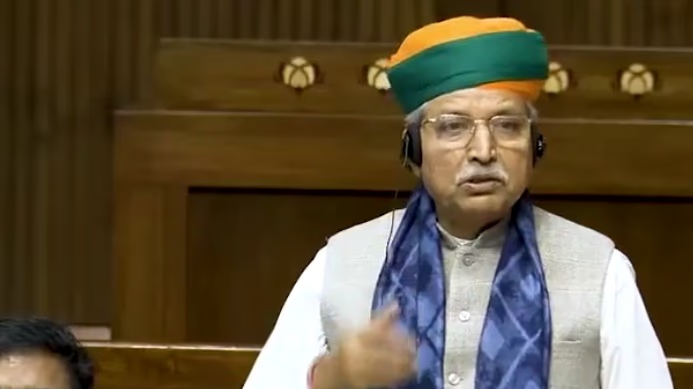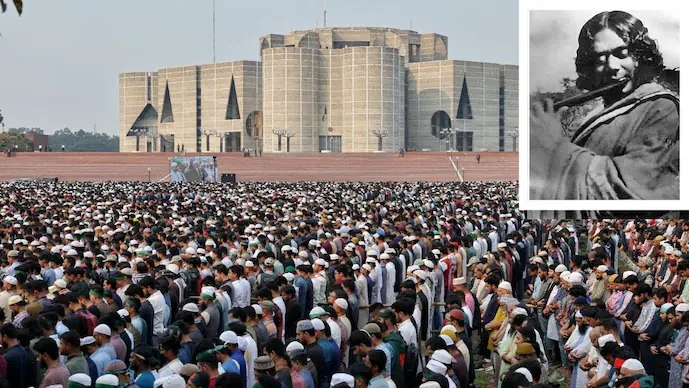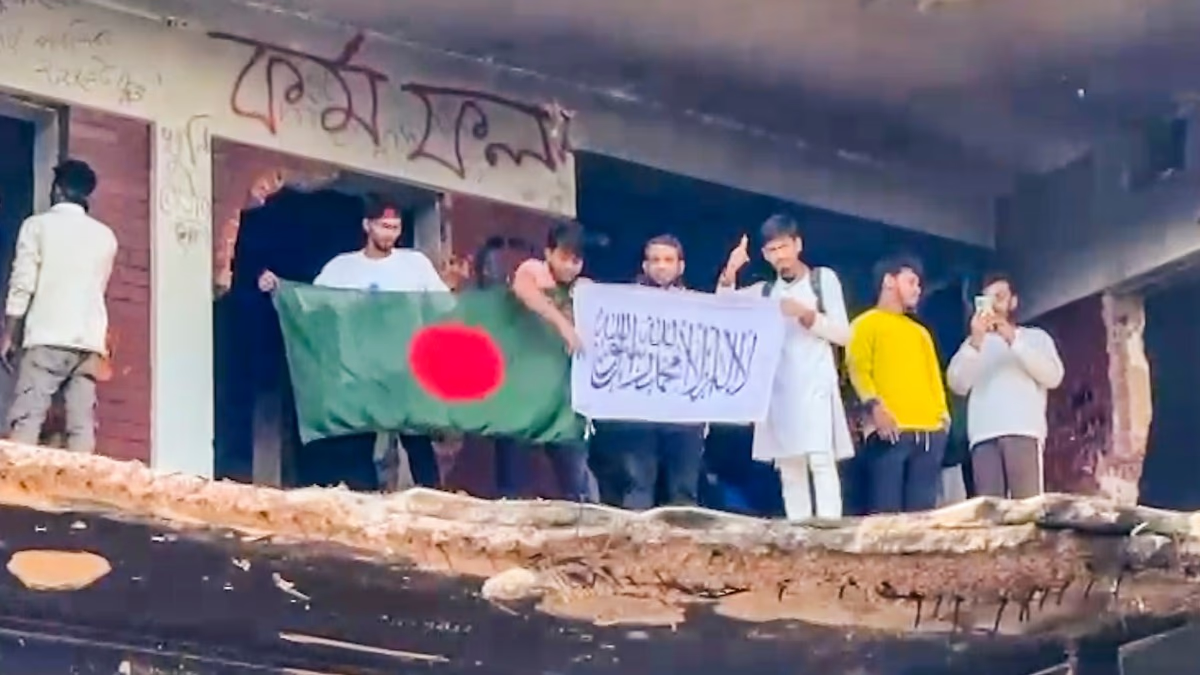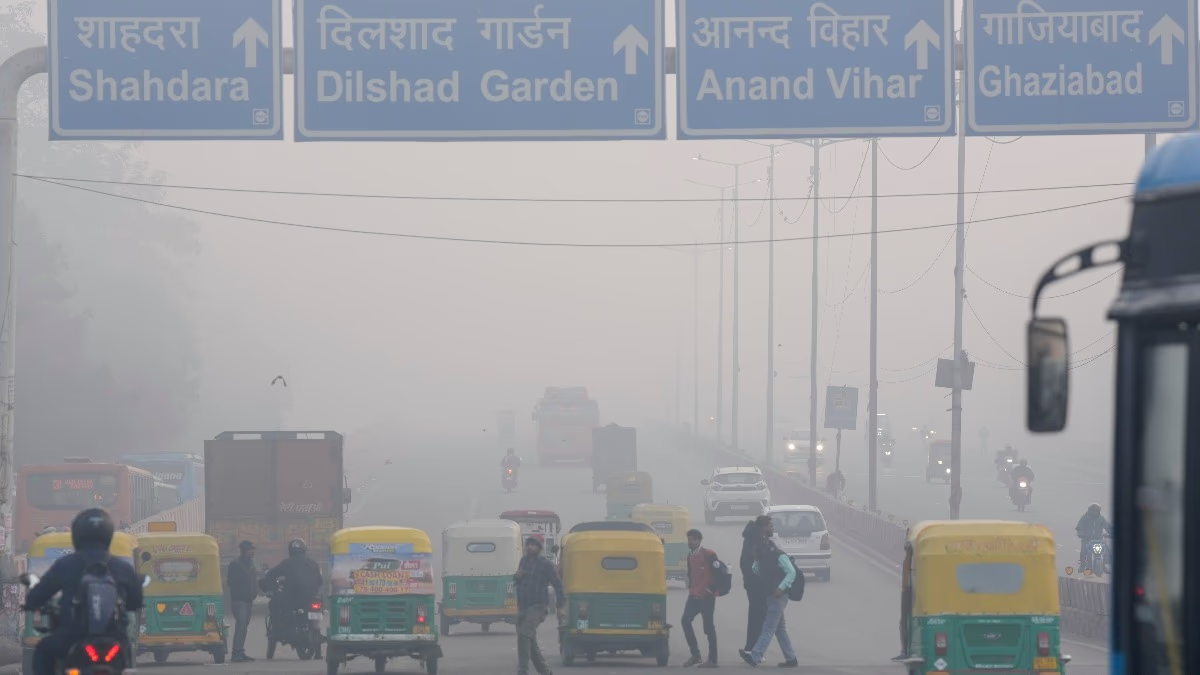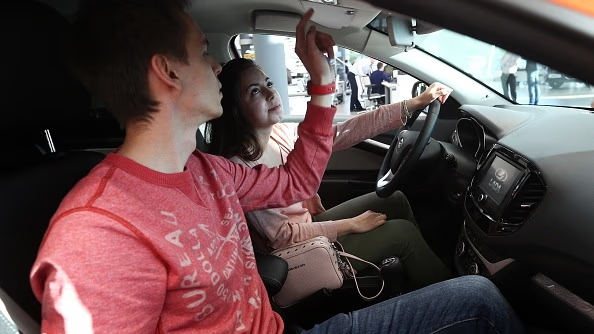The highly anticipated 129th constitutional amendment bill, known as the One Nation, One Election, was introduced in India's Lok Sabha on Tuesday. Law Minister Arjun Ram Meghwal tabled the bill, prompting Speaker Om Birla to invite comments from all floor leaders. This sparked controversy as members of opposition parties, including Congress, the Samajwadi Party, Shiv Sena (UBT), Trinamool Congress, and AIMIM, opposed it, citing a breach of the Constitution. Prominent leaders like Gaurav Gogoi from Congress, TR Baalu of DMK, and Supriya Sule from NCP (SP) demanded either withdrawal of the bill or its referral to the Joint Parliamentary Committee (JPC). Following a division of votes, the bill was sent to the JPC.
The bill was passed with 269 votes in favor and 198 against in the Lok Sabha. Electronic voting followed by paper ballots led to its introduction. Addressing opposition concerns, Law Minister Arjun Ram Meghwal asserted the bill's constitutional alignment, addressing objections regarding Article 368. He emphasized that this article outlines the amendment process, empowering Parliament.
Meghwal addressed Article 327, affirming the Parliament's right to legislate elections concerning legislative assemblies, provided under constitutional provisions. He assured that all necessary matters were considered. Under Article 83, durations of legislatures and state assemblies can be redefined.
Read more: Parliament: 'Excavating India scheme...', Uproar in Rajya Sabha as Sanjay Singh confronts BJP
The Law Minister referenced the Seventh Amendment's provisions, asserting central power and citing the Supreme Court's Kesavananda Bharati case, which upheld federal structures without impact by the bill. Meghwal assured that despite Supreme Court's interpretations, neither the Constitution nor assembly powers were diminished.
Read more: 'How dare you call Purvanchalis Rohingyas-Bangladeshis?', Sanjay Singh lashes out at BJP in Rajya Sabha, chaos ensues
Meghwal noted, like Dr. Ambedkar, his own rise from humble origins to Minister of Law. He cited Dr. Ambedkar's 1948 assembly speech, highlighting constitutional federalism and parliamentary amendment rights under Article 27. He mentioned the Election Commission's 1983 idea for simultaneous elections, pending for 41 years.
Read more: Political parties' diverse views on 'One Nation, One Election', learn party positions in Lok Sabha
Recalling an all-party meeting where 19 parties participated, with 16 supporting and 3 opposing, Meghwal also mentioned PM Modi's 2020 Kewadia address. Visionary leaders, he said, look to history and change it. Subsequently, he proposed sending the bill to JPC.
